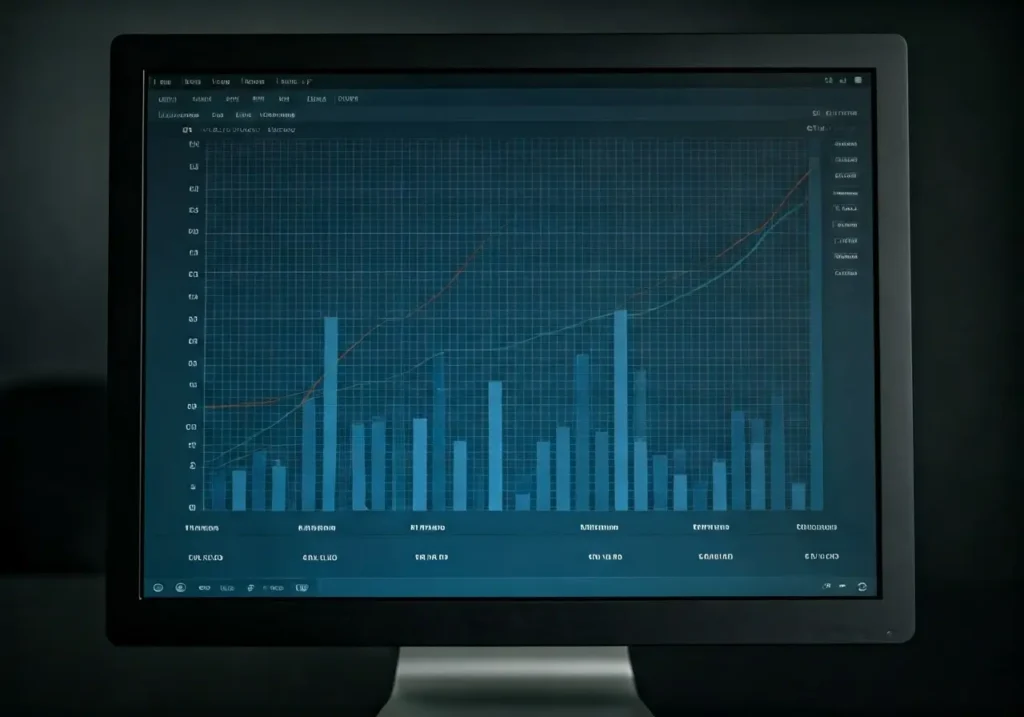In today’s fast-paced business world, having a solid marketing strategy is crucial for success. However, without the right tools and insights, even the best strategies can fall flat. This is where performance analysis steps in, offering marketers a clear view of their efforts’ effectiveness.
Understanding Performance Analysis in Marketing
Performance analysis involves assessing how well your marketing strategies are performing by measuring key metrics and outcomes. This data-driven approach helps marketers identify what’s working and where improvements are needed.
The practice of performance analysis serves as a mirror for your marketing efforts, reflecting the true picture of what strategies are succeeding and which ones require tweaks. This reflection is critical for making data-informed decisions that can elevate your marketing approaches.
By diving into performance analysis, businesses unlock the power to transform obscure data into actionable insights. These insights can radically improve marketing effectiveness, spotlight underappreciated tactics, and illuminate untapped opportunities within the market.
Key Metrics to Focus On
Different marketing strategies require monitoring various metrics such as conversion rates, engagement levels, and return on investment. Knowing which metrics align with your goals is vital.
Conversion rates are essential to understanding how well your campaigns are turning prospects into customers. High conversion rates often indicate a strong alignment between campaign messaging and audience needs.
Another critical metric is engagement levels, which can be measured through likes, shares, and comments on social media platforms. These interactions provide insight into how well your content resonates with the audience.
Evaluating return on investment (ROI) ensures that your marketing efforts are cost-effective and align with the overall financial goals of the organization. ROI analysis demonstrates which strategies provide the greatest return for your spend.
Tools for Effective Performance Analysis
Utilizing the right tools can make performance analysis more manageable and insightful. There are many software options available that provide analytics and reporting features to help marketers track their progress.
Tools like Google Analytics offer detailed insights into web traffic, user behavior, and conversions—essential for identifying the success of online campaigns.
For those focused on social media, platforms like Facebook Insights provide valuable data on audience interactions, making it easier to refine social strategies and enhance relevance to followers.
Implementing powerful performance analysis tools can significantly enhance our understanding of market dynamics, enabling more strategic resource allocation.
The Impact of Performance Analysis on Strategy Optimization
By analyzing performance data, marketers can pinpoint areas for improvement and optimize their strategies. This leads to more targeted campaigns and better allocation of resources.
Strategically leveraging these insights allows businesses to fine-tune messaging, focus on high-performing channels, and reduce waste, ultimately boosting the efficiency and impact of every marketing dollar spent.
Moreover, performance analysis empowers marketers to test hypotheses and implement A/B testing, simplifying the process of discovering what truly captivates and converts their target audience.
Performance Analysis as a Continuous Process
Marketing landscapes are constantly evolving, making ongoing performance analysis essential. Regularly reviewing and adjusting strategies ensures they remain relevant and effective.
Continuous analysis facilitates real-time adjustments, enabling marketers to swiftly pivot strategies based on emerging trends, competitive dynamics, and consumer preferences.
Undertaking regular performance evaluations also helps maintain a competitive edge, ensuring strategies are not only reactive but also proactive in achieving long-term marketing goals.
Harness the Power of Performance Analysis for Marketing Success
Incorporating performance analysis into your marketing strategy not only helps in fine-tuning efforts but also in driving meaningful growth. By understanding and leveraging data effectively, businesses can stay ahead of the curve and achieve their marketing goals more efficiently.




